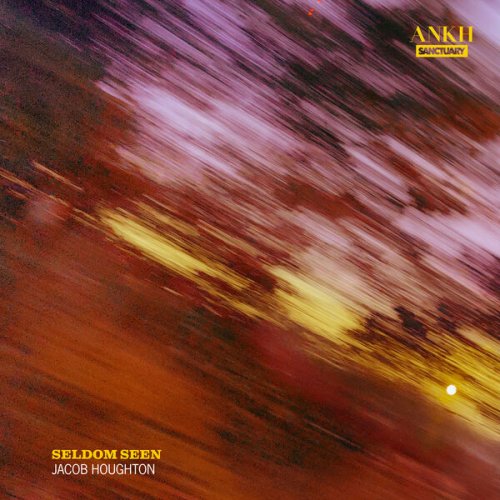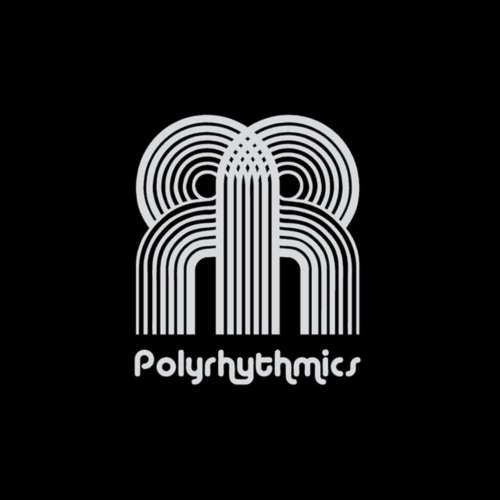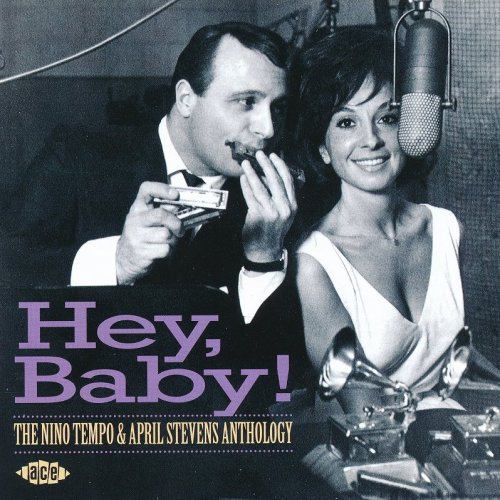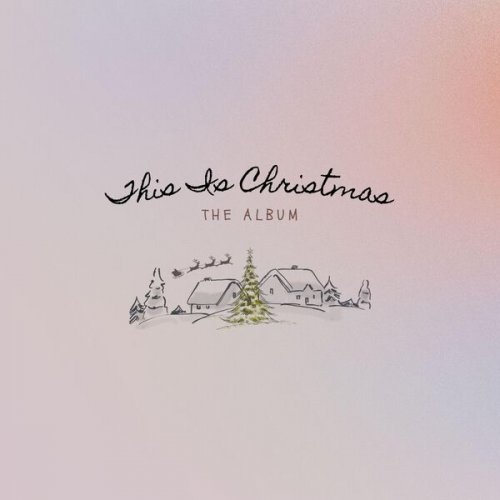John Fahey - The Essential John Fahey (Reissue) (1974/1993)
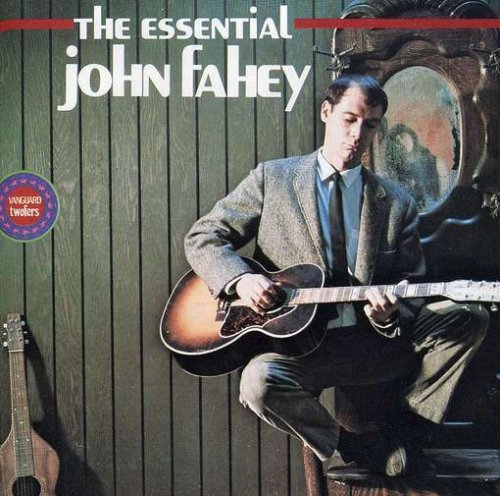
Artist: John Fahey
Title: The Essential John Fahey
Year Of Release: 1974/1993
Label: Vanguard
Genre: Acoustic, Folk
Quality: Mp3 320 / Flac (tracks, .cue)
Total Time: 01:06:47
Total Size: 161/370 Mb (cover)
WebSite: Album Preview
Title: The Essential John Fahey
Year Of Release: 1974/1993
Label: Vanguard
Genre: Acoustic, Folk
Quality: Mp3 320 / Flac (tracks, .cue)
Total Time: 01:06:47
Total Size: 161/370 Mb (cover)
WebSite: Album Preview
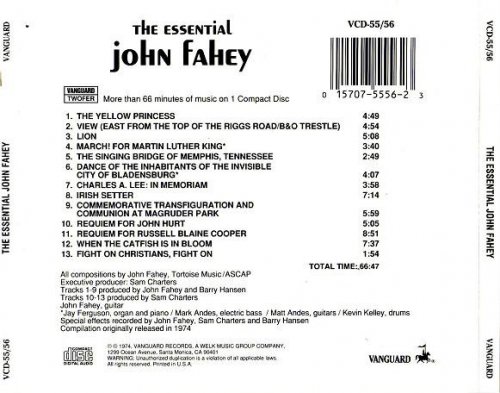
Tracklist:
01. The Yellow Princess
02. View (East From The Top Of The Riggs Road/B&O Trestle)
03. Lion
04. March! For Martin Luther King
05. The Singing Bridge Of Memphis, Tennessee
06. Dance Of The Inhabitants Of The Invisible City Of Bladensburg
07. Charles A Lee: In Memoriam
08. Irish Setter
09. Commemorative Transfiguration And Communion At Magruder Park
10. Requiem For John Hurt
11. Rquiem For Russell Blaine Cooper
12. When The Catfish Is In Bloom
13. Fight On Christians, Fight On
Born on February 28 1939 in Takoma Park, Maryland, USA, John Fahey was an acoustic guitar pioneer, who studied folklore and the techniques of the bluesmen. He is the man who introduced stream of consciousness into folk music and turned folk into classical music, and then made it cross the boundaries of Western and Eastern music. The spiritual father of the "American primitive guitar", Fahey turned the guitar solo into a metaphysical exercise. He set up Takoma Records in 1959 to release not only his own albums but also Leo Kottke's "6 & 12 String Guitar" (1971), an artist with whom he later also collaborated.
Fahey contracted the debilitating Epstein-Barr virus in 1986, which severely hampered his career for over 5 years. During this low period, he was championed by alternative artists such as Sonic Youth and Jim O'Rourke, and 'Spin' magazine included a large article on him by Byron Coley in 1994. The albums "City of Refuge" (Tim Kerr, 1997) and "Womblife" (Table Of Elements, 1997) marked his return to recording, showcasing a move into avant-garde, experimental, dissonant electric guitar music, far from his previous progressive-folk style.
Fahey died on February 22 2001, Salem, Oregon, USA due to complications following a heart bypass operation.
Fahey contracted the debilitating Epstein-Barr virus in 1986, which severely hampered his career for over 5 years. During this low period, he was championed by alternative artists such as Sonic Youth and Jim O'Rourke, and 'Spin' magazine included a large article on him by Byron Coley in 1994. The albums "City of Refuge" (Tim Kerr, 1997) and "Womblife" (Table Of Elements, 1997) marked his return to recording, showcasing a move into avant-garde, experimental, dissonant electric guitar music, far from his previous progressive-folk style.
Fahey died on February 22 2001, Salem, Oregon, USA due to complications following a heart bypass operation.

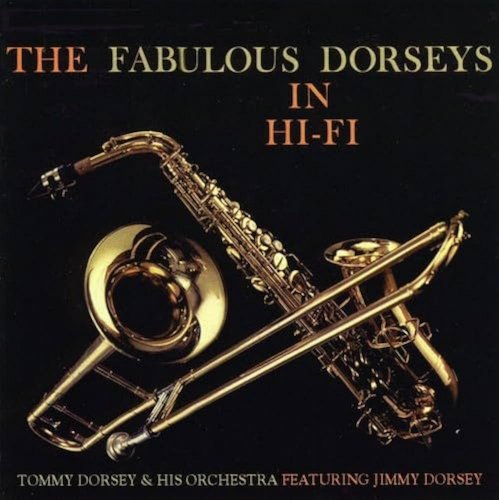
![Sergio Di Finizio - O (2025) [Hi-Res] Sergio Di Finizio - O (2025) [Hi-Res]](https://www.dibpic.com/uploads/posts/2025-12/1766111303_ri3vjk7q73zkc_600.jpg)
![Dave Bainbridge - ON THE EDGE (OF WHAT COULD BE) (2025) [Hi-Res] Dave Bainbridge - ON THE EDGE (OF WHAT COULD BE) (2025) [Hi-Res]](https://img.israbox.com/img/2025-12/18/7l4en830rpyaxdtr7izc3qrx6.jpg)
